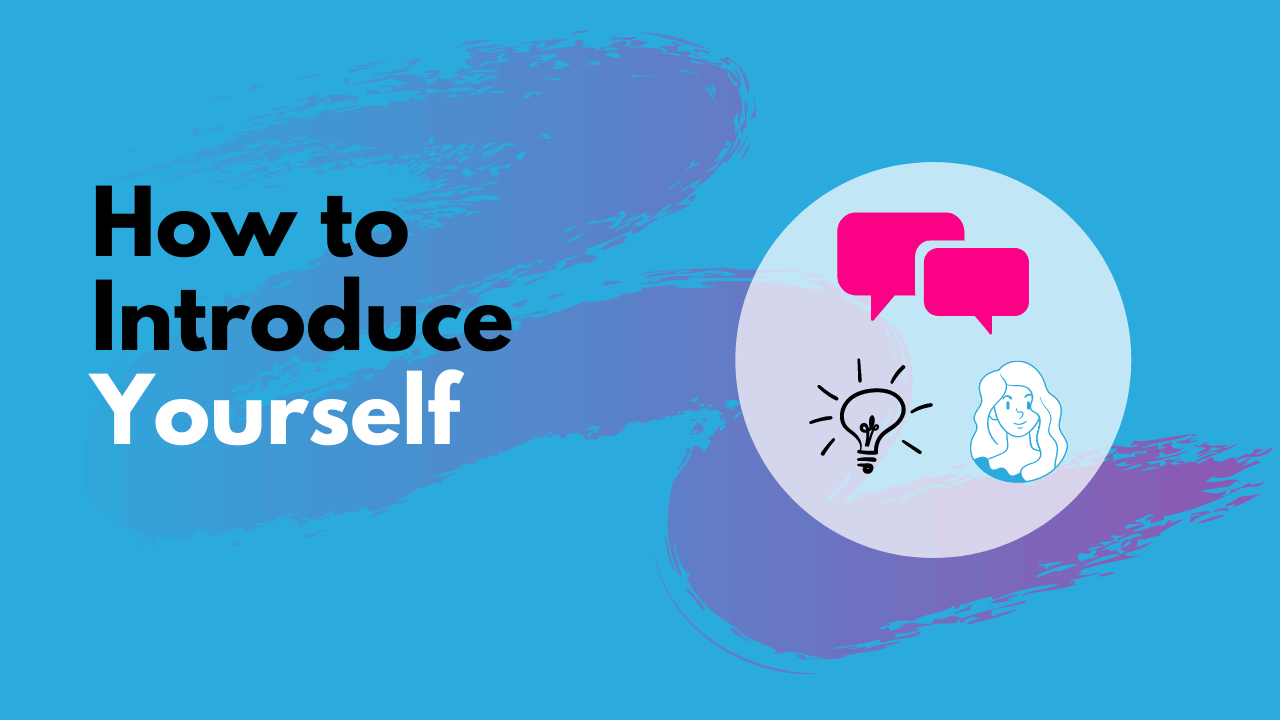Physical Address
304 North Cardinal St.
Dorchester Center, MA 02124

how to introduce yourself in an IELTS speaking exam can be easier than you think. It’s your first chance to make a great first impression and set a positive tone for the rest of the test. Imagine this as meeting a new teacher, being polite, confident, and clear right from the start will help you feel at ease.
For many Nigerian and African students, IELTS is a key requirement to study or work abroad. That means a clear, confident intro can help you start strong. So take a deep breath, smile, and greet your examiner like a pro to begin the test on a high note. Many students often wonder how to introduce yourself in an ielts speaking exam without sounding scripted.

Here, you’ll learn what to say, what not to say, and how to introduce yourself in a way that helps you score higher, without sounding like you memorized a script. And if you want to practice everything in this guide, ExcelMind is the smartest and most affordable way to do it.
Let’s break it all down step-by-step.
Read Also: How Is IELTS Listening Test Conducted
Your introduction is more than just a formality. It is a chance to make a strong first impression on the examiner. The IELTS speaking test starts with general questions about you. If you begin confidently, the examiner will feel at ease and view your English more positively.
A nervous or unclear start might create the opposite effect. Being clear and polite at the start can help you do better overall. In other words, don’t overthink how to introduce yourself in an ielts speaking exam, focus on being friendly and honest. Now let’s break down exactly what to say and do when the examiner starts the conversation.

If you’re wondering how to introduce yourself in an ielts speaking exam step by step, just follow these simple steps:
Each of these points helps the examiner learn about who you are. Practicing these tips will help you answer the question how to introduce yourself in an ielts speaking exam confidently and naturally. While doing this, speak clearly and at a natural pace. It’s okay to speak a bit slower than usual so each word is understood.
Try not to mumble or rush. Keep a calm rhythm: pause briefly if you need to think, and use a small filler like “um” or “well” to sound natural. A relaxed smile and direct eye contact can also help you feel more confident.
If you say a word wrong, just correct it quietly and move on, don’t apologize too much. If you make a small mistake, continue: dwelling on it or saying “sorry” every second word wastes time and confidence.
When learning how to introduce yourself in an IELTS speaking exam, avoid these mistakes:
By avoiding these mistakes, you’ll sound more relaxed and confident. The goal is to sound natural and clear, showing the examiner that you can communicate easily in English.
Practice is the key. Try repeating your introduction out loud, record yourself, or practice with a friend. The more you speak about yourself, the more confident you will become. A simple way is to say aloud: “Hello, my name is [Name]. I come from [City]. I study [Subject].” Do this every day to build comfort. Repetition helps make your introduction feel automatic.
Try using a mirror or recording tool. Practice your introduction in front of a mirror or record yourself with your phone. Listening back helps you catch mistakes in pronunciation and see if your body language looks confident. You could even practice with a friend acting as the examiner. The more you do it, the less nervous you’ll feel.
It might help to think of the examiner like a friendly teacher. They want to hear you speak, not trick you. Before your test, imagine the scene: take a deep breath, walk in with confidence, shake the examiner’s hand, smile, and say, “Hello, I’m [Your Name].” Doing this mentally can make the real moment feel less scary.
Remember to use your regular speaking voice. You don’t need fancy words or a perfect accent. It’s more important to speak clearly at a moderate pace. If you don’t know a word during the test, try explaining it simply. The examiner cares more about clear communication than complicated vocabulary. If your mind goes blank at any point, that’s okay.

ExcelMind gives you the right tools and practice to speak with confidence and pass your IELTS test on your first try. Here’s how it helps:
See Also: What Is the Passing Score of IELTS? Ansered! 2025
Now you have a clear plan. You know each step to introduce yourself in the IELTS speaking test, and you have tools to practice. The next step is practice, practice, practice.
Download or sign up for the ExcelMind app now and start your personalised speaking practice plan. Use the app’s exercises to practice your greeting and introduction until it feels natural. With each practice, imagine yourself confidently greeting the examiner.
Don’t hesitate to start today. The sooner you practice, the sooner you will feel ready. Consistent practice beats cramming. Spend just a few minutes each day on your introduction, and you’ll feel more prepared by test day.
For example, you might even write down the question “how to introduce yourself in an IELTS speaking exam“ a few times, then practice saying your answer. The more you repeat your answers out loud, the more confident and natural you will feel.
Ready to ace your IELTS speaking test? Consistent practice and the right tools will help you introduce yourself smoothly and pass the IELTS speaking exam on your first try. Stay positive and trust in your practice, you can do this now! Stay positive and trust in your practice, you can do this now!
Begin with a simple and polite greeting like “Good morning” or “Hello.” Then say your name clearly: “My name is [Your Name].” After that, answer any questions the examiner asks, like where you’re from or what you do. Keep it short and clear.
Say a simple and polite greeting like “Good morning” or “Good afternoon” depending on the time. Smile, make eye contact, and speak clearly. Avoid casual greetings like “Hey” or “Hi there.”
Start with simple and clear phrases. For example: “I think…”, “In my opinion…”, “I enjoy…”, or “I’m currently…”. These make your answers sound natural and help you speak smoothly.
To score 7, speak clearly, use a wide range of vocabulary, and form full sentences without too many pauses. Avoid memorised answers. Practice often, stay on topic, and speak naturally. Tools like ExcelMind can help you improve your fluency and get feedback before the test.
Begin your answers with short, natural phrases like “Well,” “I think,” or “Actually.” Then go straight to your point. For example, “I think weekends are for rest because I get time to relax and reset.” Keep it clear and don’t overthink it.